Since the announcement last Friday 24th June that the UK had voted to leave the EU, some light has been shed on the implications for UK universities.
The Minister for Universities and Science, Jo Johnson MP released a statement on 28th June on higher education and research following the EU referendum.
- He confirmed that EU citizens currently studying in the UK or starting their courses in September 2016 will continue to receive loans until they finish their courses.
- There will be no immediate changes concerning immigration rules of British students living in the EU, and European students living in the UK.
- There are no changes to students studying in the EU, beneficiaries of Erasmus+ or those considering applying in 2017.
- There will be no immediate effect on those applying to or participating in Horizon 2020.
Brexit should therefore not result in any immediate changes. However, there could be significant changes in the years to come, although this will depend on the arrangements negotiated between the UK and EU. The negotiations could begin when a new Prime Minister is announced, this will definitely be by October 2016, but could be as early as September with the conservative contenders due to launch their leadership bids imminently. They could take up to two years, or even longer (if the EU partners all agree).
Although there is uncertainty ahead about the impact of Brexit for UK higher education, there have been some positive reports about the possible future of the sector’s relationship with the EU. On the 28th June, the Italian Prime Minister said he wanted to find a way for UK students to gain passports while they studied for degree courses. Additionally, the Independent has outlined some reasons to be optimistic about the future relationship of the UK universities and the EU, and states that as long as the UK government commits to higher education, and recognises the role it plays, the future for the sector could remain bright. An article including quotes from the Minister in the THE is also interesting.
Our Vice-Chancellor has commented in an updated statement and Jane Forster has written a blog on what happens in HE after the vote.
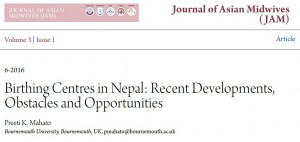
 The research councils are replacing their electronic grants submission service, Je-S, in 2017. More information about this project can be found here
The research councils are replacing their electronic grants submission service, Je-S, in 2017. More information about this project can be found here  As you will know, the Government has published a
As you will know, the Government has published a 
 ESRC GCRF Strategic Networks call
ESRC GCRF Strategic Networks call  Newton Fund RCUK-DIPI-TRF-NAFOSTED Research Partnerships Call
Newton Fund RCUK-DIPI-TRF-NAFOSTED Research Partnerships Call
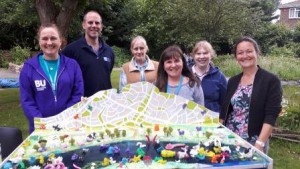
 Academics who are applying for external funding from the EU, such as Marie Skłodowska Curie Fellowships, have been asking whether the EU referendum results will impact on funding available. The RKEO advise that at this stage, there has been no confirmation received that funding will not be available to UK HEIs. As we are unsure how things are going to pan out and it potentially could take 2 years for us to leave the EU from when they operationalise article 50, we would suggest you continue as planned. We should operate on the basis of business as usual and continue to develop high quality bids.
Academics who are applying for external funding from the EU, such as Marie Skłodowska Curie Fellowships, have been asking whether the EU referendum results will impact on funding available. The RKEO advise that at this stage, there has been no confirmation received that funding will not be available to UK HEIs. As we are unsure how things are going to pan out and it potentially could take 2 years for us to leave the EU from when they operationalise article 50, we would suggest you continue as planned. We should operate on the basis of business as usual and continue to develop high quality bids.

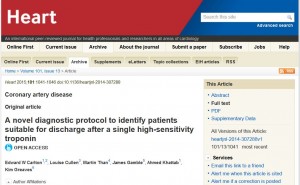
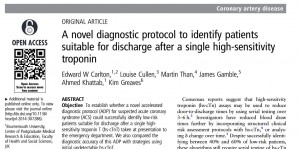



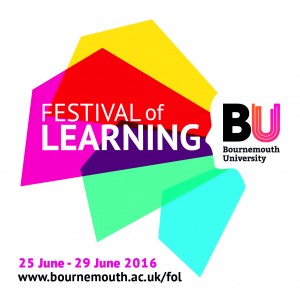
![InnovateUK_LogoA_Interim_RGBx320govuk[1]](http://blogs.bournemouth.ac.uk/research/files/2014/12/InnovateUK_LogoA_Interim_RGBx320govuk11-300x90.jpg) Open funding competition
Open funding competition 










 REF Code of Practice consultation is open!
REF Code of Practice consultation is open! BU Leads AI-Driven Work Package in EU Horizon SUSHEAS Project
BU Leads AI-Driven Work Package in EU Horizon SUSHEAS Project Evidence Synthesis Centre open at Kathmandu University
Evidence Synthesis Centre open at Kathmandu University Expand Your Impact: Collaboration and Networking Workshops for Researchers
Expand Your Impact: Collaboration and Networking Workshops for Researchers ECR Funding Open Call: Research Culture & Community Grant – Apply now
ECR Funding Open Call: Research Culture & Community Grant – Apply now ECR Funding Open Call: Research Culture & Community Grant – Application Deadline Friday 12 December
ECR Funding Open Call: Research Culture & Community Grant – Application Deadline Friday 12 December MSCA Postdoctoral Fellowships 2025 Call
MSCA Postdoctoral Fellowships 2025 Call ERC Advanced Grant 2025 Webinar
ERC Advanced Grant 2025 Webinar Update on UKRO services
Update on UKRO services European research project exploring use of ‘virtual twins’ to better manage metabolic associated fatty liver disease
European research project exploring use of ‘virtual twins’ to better manage metabolic associated fatty liver disease